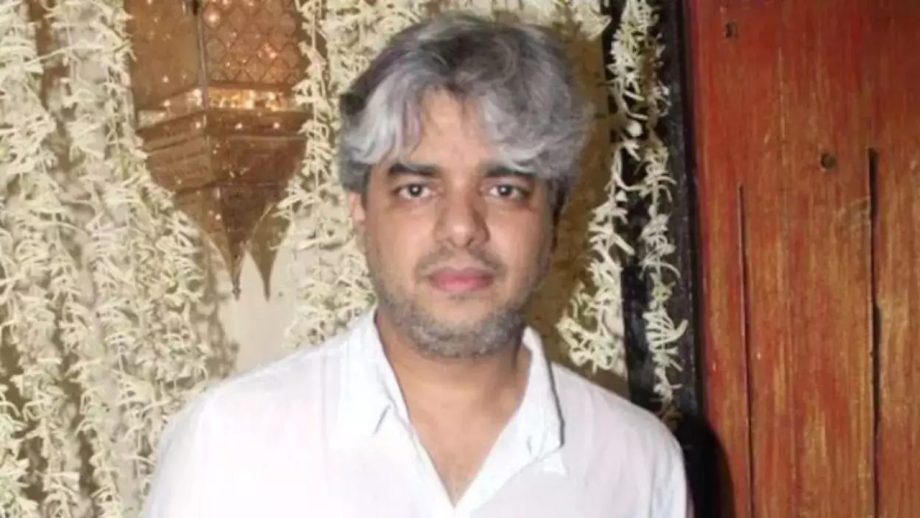Shaad Ali has always been more influenced Mani Ratnam than his own father Muzaffar Ali. So much that that he would return to assist Mani even after branching out as an independent filmmaker.
To no one’s surprise Shaad began his career as an independent filmmaker with a remake of Mani Ratnam’s Tamil blockbuster Alai Payuthe. The remake Saathiya was so faithful it couldn’t fail.
After Saathiya, Shaad was advised by Mani to make original films. While Bunty Aur Babli with Abhishek Bachchan and Rani Mukerji did well, Shaad’s next, Jhoom Baraabar Jhoom, ranks as one of the biggest, most expensive flops for Yash Raj Films, matched by the woeful collections of Shaad’s Kill Dil, another original.
No wonder then, that Shaad scurried back to remaking a Mani Ratnam film. His next was a remake of the Telugu and Tamil hit Ok Bangaram, Mani’s 2015 movie about a couple — Nithya Menon and Dilquer Salmaan — who are shown to be in a live-in relationship.
But it is Shaad Ali’s Saathiya which is a real triumph. Mani Ratnam’s screenplay is refreshingly crisp – it is reminiscent of the writer-director’s early days as a filmmaker, when gloss and stylistic flourishes hadn’t begun to overwhelm content. Gulzar’s dialogues, as always, are informed with both veracity and wit.
Sreekar Prasad’s editing imparts an unusually clipped rhythm to the narrative, while cinematographer Anil Mehta, despite working within the limits imposed by the constricted scale of the film, comes up with wonderfully chiselled and lively images.
But nothing in Saathiya takes precedence over the story. Aditya Sehgal (Vivek Oberoi), falls in love with Suhani Sharma (Rani Mukherjee). But it’s not a typical teenyboppers’ love affair – it is fraught as much with youthful ardour as nagging doubt. It begins as an infatuation and then blossoms into full-blown ardour.
Complications arise because of misunderstandings between the two sets of parents and the young lovers are compelled to elope. As marital responsibilities grow, their relationship faces severe strain. It takes a near-tragedy for the couple to rediscover the real core of their love for each other.
Saathiya isn’t designed for seekers of cheap thrills. It’s a gentle study of love and marital blues in urban India, with all its pressures and shocks. It does occasionally tend to sink into mush, especially in the climactic hospital scene, but for the most part, the film is marked by spontaneity.
Both Vivek Oberoi and Rani Mukherjee are brilliant, etching out believable, well-rounded characters. Saathiya also benefits immensely from a clued-in support cast. Especially noteworthy is Tanuja, who plays mum without the predictable trappings, and Sandhya Mridul, as the heroine’s helpful elder sister. Also watch out for a delectably restrained Shahrukh Khan in a surprise appearance.
The act of falling in love in a Hindi film is more often than not a mere ruse to put up a show of exotic locations, designer clothes, flashy cars and opulent homes. Shaad Ali’s directorial debut (a remake of Mani Ratnam’s Tamil hit, Alai Payuthey) is a love story all right, but it’s a film about real people leading real lives. The hero rides a motorcycle. The heroine commutes to medical college in local trains. Their parents live in homes, not palaces.But Saathiya isn’t a rough-hewn, unattractive film. It is as stylish and technically sophisticated as any candyfloss romance. Only, it refrains from playing to the gallery.

